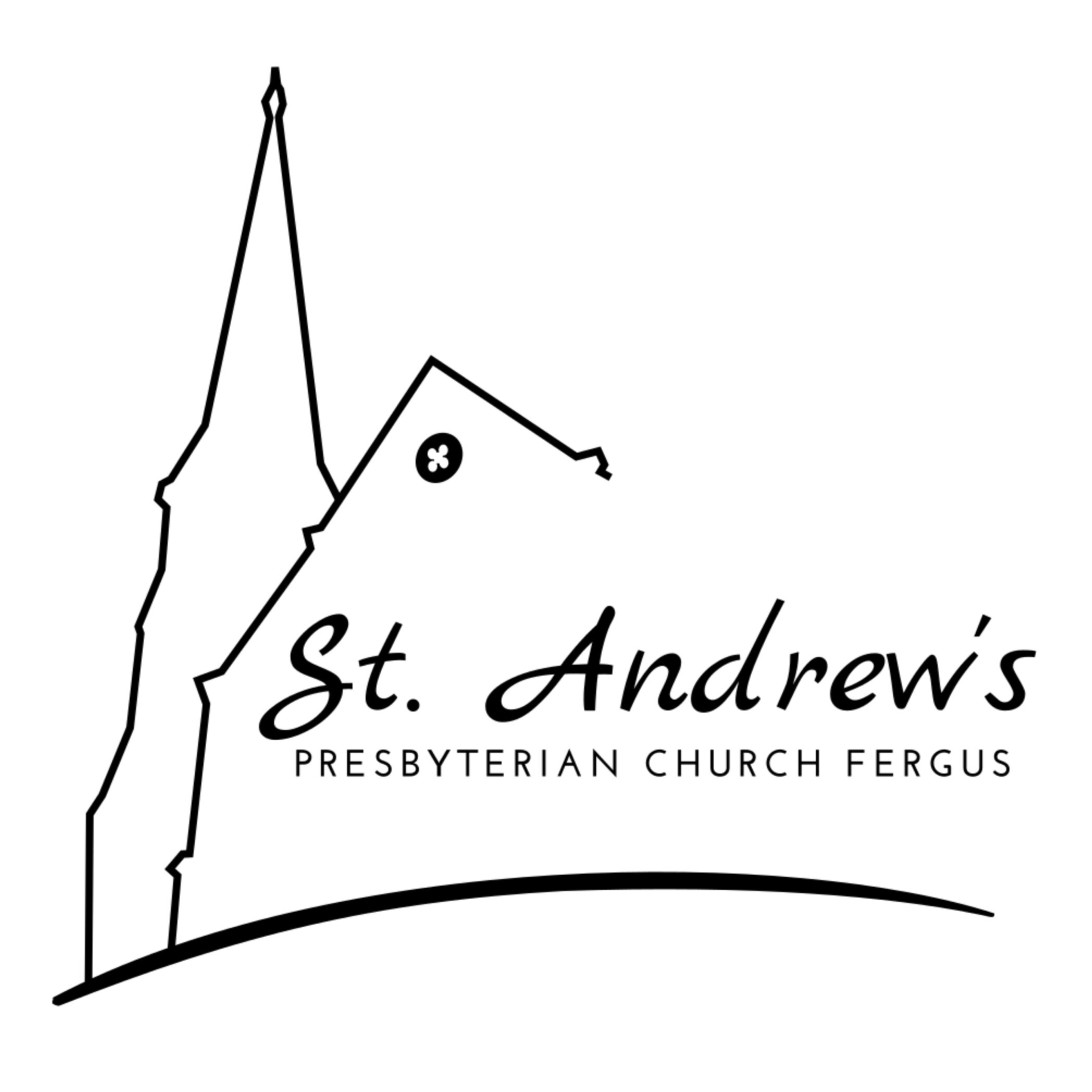Aug. 30 – Malachi 1:6-13
Aug. 30 – Malachi 1:6-13
6 A son honors his father, and servants their master. If then I am a father, where is the honor due me? And if I am a master, where is the respect due me? says the LORD of hosts to you, O priests, who despise my name. You say, “How have we despised your name?” 7 By offering polluted food on my altar. And you say, “How have we polluted it?” By thinking that the LORD’s table may be despised. 8 When you offer blind animals in sacrifice, is that not wrong? And when you offer those that are lame or sick, is that not wrong? Try presenting that to your governor; will he be pleased with you or show you favor? says the LORD of hosts. 9 And now implore the favor of God, that he may be gracious to us. The fault is yours. Will he show favor to any of you? says the LORD of hosts. 10 Oh, that someone among you would shut the temple[b] doors, so that you would not kindle fire on my altar in vain! I have no pleasure in you, says the LORD of hosts, and I will not accept an offering from your hands. 11 For from the rising of the sun to its setting my name is great among the nations, and in every place incense is offered to my name, and a pure offering; for my name is great among the nations, says the LORD of hosts. 12 But you profane it when you say that the Lord’s table is polluted, and the food for it may be despised. 13 “What a weariness this is,” you say, and you sniff at me, says the LORD of hosts. You bring what has been taken by violence or is lame or sick, and this you bring as your offering! Shall I accept that from your hand? says the LORD. 14 Cursed be the cheat who has a male in the flock and vows to give it, and yet sacrifices to the Lord what is blemished; for I am a great King, says the LORD of hosts, and my name is reverenced among the nations.
The Book of Malachi is built around 5 or 6 (depending on how you count them) accusations/charges by God against the people or the leaders, the people or leaders respond “how have we done that”, and then God bringing out the evidence for his charge/accusation against the people, then judgment is pronounced.
We see the second charge in vs. 6 – “you, O priests, who despise my name”, and the response “How have we done that?” It is followed in vs. 7 with a narrowing of the focus, God’s name has been despised by the polluting of God’s altar (table).
We who live after the time of animal sacrifices often feel the whole sacrificial system was a bad thing and the sooner it was gone the better, and so we look at texts like this and say, “So what is the big deal?” But if we set aside our initial revulsion at the sacrificial system – it is evident that God was being shown disrespect when the people brought the worst of their flocks (vs. 8) to God. Not the best, the worst. Vs. 13 adds not just sick or lame – but also animals stolen from other people by force. The powerful were bringing to God as offering animals that they had stolen, and using the sacrifice of those stolen animals to seek God’s forgiveness.
The worship and praise of God, the bring the offering of our best to God, is not a burden, it is not a weariness – in fact, we find our highest calling and our deepest purposes as human beings in the worship and praise of God. To God we bring our best. For as the passage ends – God says, “I am the great King…my name is honoured among the nations.” We are invited to join with the people of every tribe and language who honour and show reverence to God.
PRAYER:
Lord God, we confess that we have not always offered you are best. At times we have given you the smallest possible gift, the cheapest, least costly thing we could offer. And we are sorry. Fill us with such joy in worship that we give you our best, finding ourselves where we truly belong in honouring your name above all others. In Jesus’ name, we pray. Amen.
